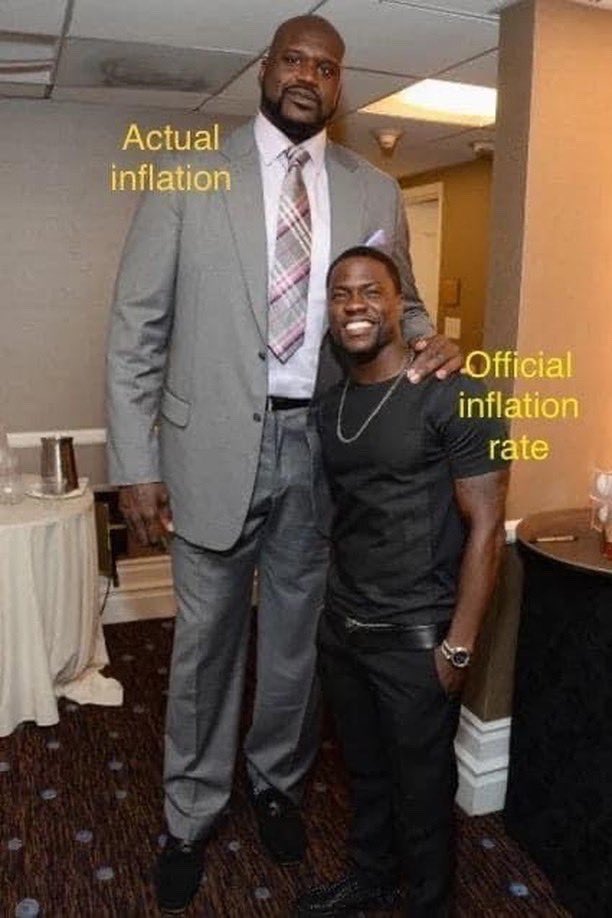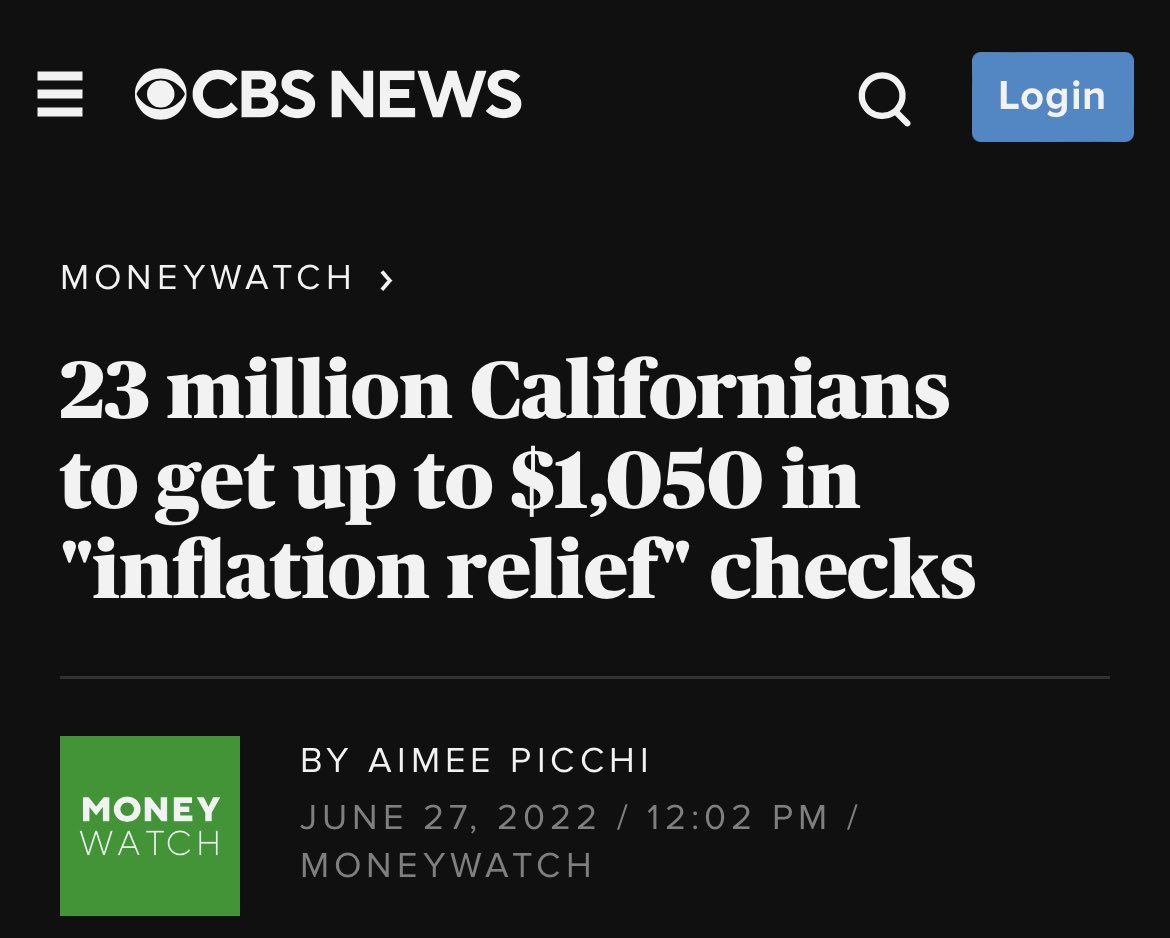history
If you could have dinner with anyone from the past, who would it be?
Dinner with any person from the past wouldn't work because you would spend all of the dinner explaining technology like your phone ringing in your pocket or vernacular like what the griddy is. In other words, by virtue of being a regular person from the future, you are by default more interesting to them than they are to you, just because your world is more interesting.
I think a better question is: who would you want to have dinner with from the future? What archetype would you like to have this person encapsulate? Scientist from 2900? Starving artist from 2356? Warmonger from 3790, when all war is done in an Ender's Game type format?
There’s a quip from the historian Will Durant, that a nation is born stoic and dies epicurean. (Location 538)
What hard work is there to be done in 2023? Has rampant consumerism subsumed our desire to struggle to create a more perfect Union?
…over time, this dynamic leads to a very small percentage of the population gaining and controlling exceptionally large percentages of the total wealth and power, then becoming overextended, and then encountering bad times, which hurt those least wealthy and least powerful the hardest, which then leads to conflicts that produce revolutions and/or civil wars. When these conflicts are over, a new world order is created, and the cycle begins again. (Location 361)
Will we ever be satisfied?
Imagine being dragged this hard 2000 years after you were dead—devastating

One of the first blogs I wrote in the style of composition (the Zettelkasten method) was about Cleopatra and three other ugly things. Thanks Cleopatra for teaching me how to Zettel!
https://youtu.be/vtymaSR3T48
02:18
the romans failed to unite europe, the han succeeded in china to connect the country
03:19
EU has a different economic myth to Chinese (communism) and USA (capitalism)
04:35
the EU project has a goal to cooperate and avoid the imperialism eras of the past
06:08
when a european empire falls another quickly rises into its vacuum
07:41
self limiting natonalism came from Turkey in the 1920s
09:04
the holding hands episode at a funeral
11:00
russia destroyed reconciliation multiple times, which caused energy dependence issues on other countries (germany reliant on russia)
13:52
reconciliation is a promise b/w countries to prevent one from becoming an empire and dominating others
16:48
france is clinging on to empire (energy dependance on Africa and price setting wheat)
17:30
national cooperation for post imperial world with countries that europe has fucked the past few 100 years instead of trading mainly with china or the us
https://youtu.be/UkCRM1bTPu0
00:22
all thought gods existed
01:03
every city had own gods, but all believed in the same pantheon
02:02
people tended to dream about gods (like how people in early 20th cent dreamed in B/W)
02:43
some elites thought gods were past kings, or bad stories to convey to children
04:31
many believed that gods were actually demons from the past
05:41
most myths were not taken literally even in ancient greece
The reason that wheat became the grain of choice in northern climates is thanks to a uniquely small lectin in wheat, known as wheat germ agglutinin (WGA), which is responsible for wheat’s weight-gaining propensity. (Location 341)
Yes, cows develop heartburn from these lectins, just as you do. To keep their beasts eating more of this fattening food, farmers dose them with calcium carbonate, the active ingredient in Tums.11 In fact, half of the world’s production of this compound is added to cattle feed to stop the heartburn, ensuring that cows continue to eat their unnatural diet of corn and soybeans. (Location 358)
We did not domesticate wheat. It domesticated us. (Location 1291)
Ten thousand years ago wheat was just a wild grass, one of many, confined to a small range in the Middle East. Suddenly, within just a few short millennia, it was growing all over the world. (Location 1275)
Fast-forward five thousand years or so. Thanks to its granaries full of wheat, ancient Egypt was able to feed its people, including the slaves who built its pyramids, enabling its rise to a great kingdom. However, analysis of thousands of Egyptian mummified remains has revealed the health status of those wheat eaters, and it wasn’t good. They died overweight, with clogged arteries. Their teeth were also decayed from a diet high in grains, which are full of simple sugars, and worn down to the gums from grinding the grains.3 The mummified remains of Queen Nefertiti suggest that she most likely had diabetes. (Location 564)
Inflation = printing money. Period. Prices are measured in dollars. If we create too many dollars, that causes the value of the dollar to fall in terms of goods and services. This “inflation” started 18 months ago. Shortages and supply chain issues are a separate issue. (View Tweet)
3/🧵
INFLATION
“When we first started talking about inflation in 2021, I found it disconcerting that people are so quick to dismiss it”
Expected inflation = we can build into our models
Unexpected inflation = inflation coming in higher or lower than expected = deadly (View Tweet)
The Historical Response to Inflation From Countries
…That caused German prices of goods to rise rapidly, increasing the cost of operating the German government, which could not be financed by raising taxes because those taxes would be payable in the ever-falling German currency. The resulting deficit was financed by some combination of issuing bonds and simply creating more money, both increasing the supply of German mark-denominated financial assets on the market and so further reducing the currency's price. When the German people realized that their money was rapidly losing value, they tried to spend it quickly. That increased monetary velocity caused an ever-faster increase in prices, creating a vicious cycle. (View Highlight)
When debts become very large, and there is an economic downturn and the empire can no longer borrow the money necessary to repay its debts, this creates great domestic hardships and forces the country to choose between defaulting on its debts and printing a lot of new money. The country nearly always chooses to print a lot of new money, at first gradually and eventually massively. This devalues the currency and raises inflation. (Location 661)
People will riot if they can't buy what they need, forcing more money to enter circulation to sate the population. This is the equivalent of kicking the can down the road.
How the British measure inflation.

lmaoooo

California is fighting inflation with more inflation 🔥

In May 2021, after years of hyperinflation in its currency, Venezuela raised its minimum wage to 10 million bolivars a month ($22 USD). (View Highlight)
Gaslighting by Media
The media makes it seem like inflation is somehow our fault. We already know the culprits but 2008 was a big hit financially. Something we could've maybe bounced back from but the 2020 crash was another big hit we weren't ready for. That one gets underplayed for a reason. (View Tweet)
Gaslighting by Governments and Politicians
That was all well and good but, as the old phrase goes, “Who will protect us from our protectors?” The power to issue currency often proved too much for fallible rulers to enjoy without abusing. The incentives they faced to shortchange the public were powerful ones. Every time they wanted to wage a war or build a new temple or palace, the temptation to reduce the amount of precious metal that went into the coins so as to produce more of them proved hard to resist. Their subjects were not stupid, of course: they learned how to distinguish between the older and the newer coins. But it did not take long for the bad coins to drive the good coins out of circulation, as people hoarded the good ones or melted them down to obtain their relatively plentiful silver or gold. But with so much additional and debased currency in circulation, each coin came to be worth less wheat, less corn, less meat. Price inflation took hold; people found their wages and savings losing value, and the economy faltered, even throwing the entire currency into jeopardy if trust in it failed entirely. The decline of the Roman empire, for instance, was riddled with such episodes. It is therefore quite understandable that many people feel that their rulers, their government, their politicians, cannot be entrusted with such decisions, which should be kept as far away as possible from the machinations of power-hungry men—and yes, it was and remains mostly men who have stuck their snouts into the common trough. Times have thankfully changed, to some extent. Through a series of insurrections, the rule of law was imposed upon the rulers by the ruled, limiting the extent to which the king could plunder his subjects, impose taxes at will, confiscate their land, and incarcerate them when they resisted. Taxes became something much more than a levy on the poor for the further enrichment of the powerful. In response to popular movements demanding a fairer division of the surplus, taxes became a source of funding for various projects benefiting broader segments of the population. Even the rich began to realize that a welfare state was an excellent insurance policy against losing their property, their peace of mind, indeed their own heads. But the question then became: Who pays for this? As we have previously noted, the rich never like to pay the necessary taxes and the poor cannot afford to. So what then? One option, as we saw in chapter 4, was deficit-financed state expenditure—or public debt. Another was to create more money, either via the banks or via the central bank that the state instituted to fund itself and to fund the bankers in their hour of need. Both options have their demerits. Politicians dislike increases in public debt because their opponents go to town against them, accusing the government of condemning their children to a future of higher taxes in order to pay it off. One tendency, therefore, is to quietly instruct the central bank to create more money with which to pay for… (Location 1571)
Soon there will be such a horrifying gap between the rich and the poor that chaos will break out and another great civilization will collapse. History proves that great civilizations collapse when the gap between the haves and have-nots is too great. Sadly, America is on that same course because we haven’t learned from history. We only memorize historical dates and names, not the lesson.” (Location 692)
Anyone who studies history can see that no system of government, no economic system, no currency, and no empire lasts forever, yet almost everyone is surprised and ruined when they fail. (Location 109)
^ab65a6
- Roman Empire
- French Revolution
- American Revolution
- The Rise of Nazism/Fall of the Weimar
During periods of severe economic distress and large wealth gaps, there are typically revolutionarily large redistributions of wealth. When done peacefully these are achieved through large tax increases on the rich and big increases in the supply of money that devalue debtors’ claims, and when done violently they are achieved by forced asset confiscations. In the US and the UK, while there were redistributions of wealth and political power, capitalism and democracy were maintained. In Germany, Japan, Italy, and Spain they were not. (Location 3036)
Wealth redistribution done proactively can extend the lifespan of a country/empire. The wider the gap, the more explosive the powder keg of "revolution".